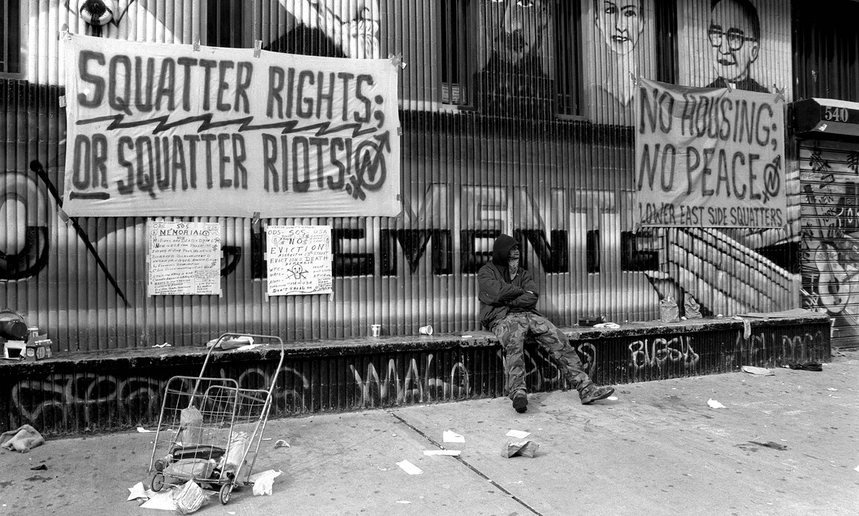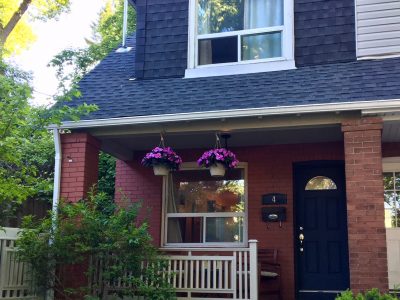Market follow up – Seven years later
In 2013 I wrote a market report that I had planned to revisit 10 years on.
The link to the original article is here http://www.khaya.ca/2013/03/toronto-real-estate-market-2013-comments-by-michael-meyer/
From a real estate perspective, 2020 was extremely interesting due to the pandemic and the changes it rapidly brought to the city. With the pandemic and the resulting government actions, specifically the long term effects these actions will have, I wanted to review and see where things stand now 7 years later.
The area of comparison remains west-end Toronto (W01) and I used the same condo building and a similar house. As you can imagine this is a good news story for both parties. In 2013 the condos were 12% more expensive than the house. Today the houses in High Park are 23% more expensive than the condos.
Houses that were selling for $475/sq ft in 2013 are now $1225/sq ft. I have used two recent sales of a similar size three story High Park home with parking and approximately 2000 square feet of above ground living space. These sold for $2.3M and $2.6M respectively – the $2.6M home had a higher finish level and a nice basement apartment (bringing rental income of $1250+ per month).
(Note $/sq ft calculation is still being performed on above ground sq ft only. Also if you now have a budget under $1.5M you will struggle to find a freehold home in W01.)
Condos that were selling for $553/sq ft in 2013 are now selling for $1000/sq ft on a consistent basis. These are higher-end condos located on Sorauren Ave. with nice finishes in a low rise converted building, and are predominantly owner occupied. It is a building you would be happy to start a family in or retire to and buildings like this are the minority of the condo market (It is not Cityplace). The monthly maintenance fee on that similar size unit is now $626/month an increase of 32%.
Builders will supply the market if their construction costs are below market price. We have had more cranes (indicating extensive building activity) in our Toronto skyline than anywhere else in North America over the last decade. Investors pay for the initial construction of the projects, thus creating our new housing stock, and what investors value ( low square footage units with a high rental return) is not what people want to live in long term. Simply put, investors want hotel rooms and buyers want homes. This creates a structural supply issue which we are now seeing the results of. Rents are negative for 2020 in C01, as are condo prices. Much of what you read about are these small units in buildings that are majority renter occupied and these are not the type of units I used for comparison in 2013. Having proper comparables is fundamental to valuation in real estate and therefore total market statistics or newspaper headlines are not always helpful.
Government response is twofold:
Printing money, creating a massive injection of money into our system.
Lowering interest rates to historic levels, leading to currently available mortgage interest rates below 1%
These government actions will undoubtedly assist in propping up the housing market.
Let’s see what these low rates can do.
If I can borrow $1,000,000 today @1.5% (let’s be conservative) it costs me $15,000 per year or $1,250 a month in interest costs.
If $1250 per month rings any bells it is because it is the same amount of the rental income at minimum coming in from the basement apartment. Also, if you want to think of the $626 monthly maintenance fee as an outflow that would cover $500,000 of mortgage interest.
Additionally, the borrower will be paying that debt back in future dollars. If we enter an inflationary period as a result of all this new money being injected into the system, then that debt will become devalued. In 20 or 25 years will $1,000,000 sound like a big number? How about $2M or $3M?
In my view our Govt actions will outweigh any short term price corrections that are overdue and that we should always be prepared for. Money printing is a global phenomenon and we have already seen the historic impacts of foreign buyers in our market.
Prediction is a tough game. Modern economic theory is based on people acting rationally in order to maximize their own utility. What’s been happening in the world lately has caused historic models to be re-evaluated and we really don’t know the longer term implications of recent events.
It seems inevitable to me that Toronto will bounce back. How quickly will be determined by when we can get back to a normal downtown core functioning again with workers, students and new immigrants actively participating in the economy and housing market.
I continue to believe that between a comparable finish level freehold property or condo that the house is worth more due to the underlying land value. How much more? The land is worth at least a third of the value of the house so at minimum 1.5x times the condo on per square foot basis, and that means, long term this trend we have already seen should continue to widen. What does that translate to? Let’s hold both prices at current levels and see what the other could become at a 1.5x difference.
Scenario 1: $1,225 freehold (current level) versus $816 condo /sq ft
Scenario 2: $1,500 freehold versus $1000 (current level) condo /sq ft
I think either are possible by 2023 but that Scenario 2 is more likely. $1,500 square feet in High Park for freehold or $3M for that 2000 square foot house would be 7% price growth for the next three years, and that doesn’t seem impossible. I am not trying to predict an actual price target for 2023 and timing is always the issue with predictions. I do believe that the spread between similar condos and homes should continue to widen, and that it is entirely possible for the condo market to go sideways for a few years.
My view is simple – I think the majority of what we purchase will cost more in the future. Land in Toronto remains something I am willing to bet my money on.
Michael Meyer




